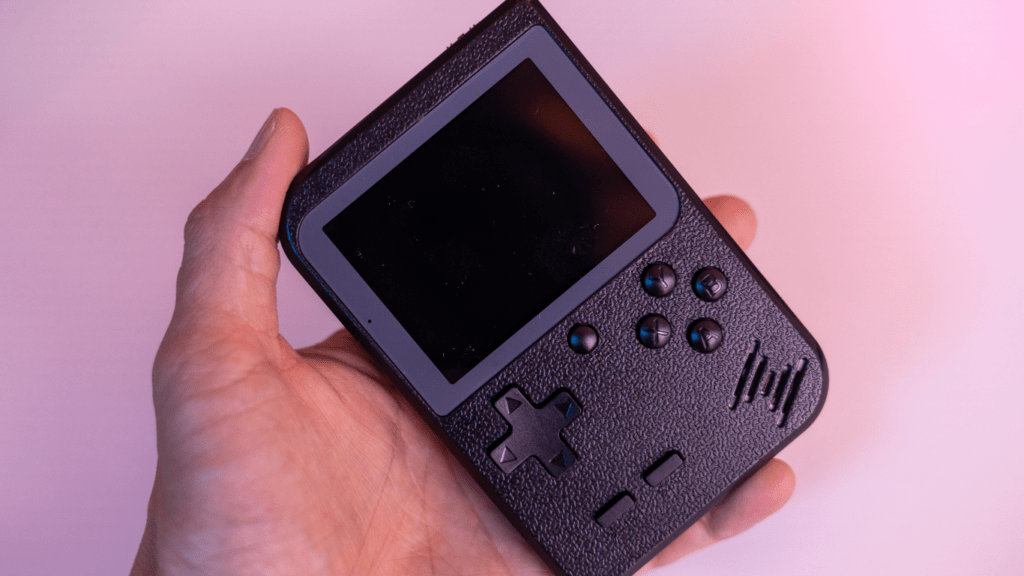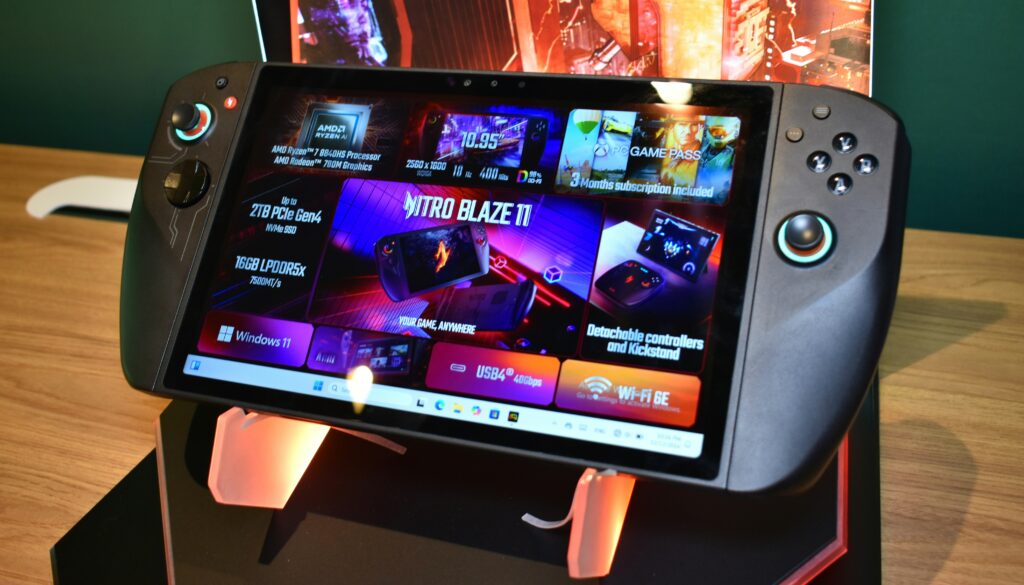Growing up as a gaming enthusiast, I’ve always been fascinated by the evolution of gaming consoles and their impact on the industry. In this article, I delve into the world of gaming history to explore the top-selling consoles that have captured the hearts of millions worldwide. From the iconic classics to the modern powerhouses, these consoles have shaped the way we experience gaming and entertainment.
Join me on a journey through the best-selling consoles of all time, where we’ll uncover the secrets behind their success and the innovations that set them apart. Whether you’re a seasoned gamer or just curious about the gaming world, this exploration will shed light on the remarkable milestones achieved by these legendary gaming devices. Let’s dive into the realm of gaming history and discover the top contenders that have left an indelible mark on the gaming landscape.
Overview of Video Game Console Sales
As I delve into the realm of video game console sales, I aim to unravel the metrics that define success and the historical trends shaping this dynamic industry.
Defining the Success Metrics
In the realm of video game consoles, success is often measured by the sheer number of units sold. The best-selling consoles of all time achieve this feat by offering a combination of cutting-edge technology, a diverse and compelling game library, and strategic marketing campaigns. For instance, the Nintendo DS stands out with its innovative dual-screen design and a vast array of captivating games, contributing to its record-breaking sales figures of over 154 million units worldwide.
Historical Trends in Console Sales
Examining the historical trends in console sales unveils a pattern of evolution and innovation driving the industry forward. From the pioneering days of consoles like the Atari 2600, which introduced millions to the joys of gaming in the late 1970s, to the modern era dominated by the PlayStation 4 and Xbox One, the landscape of console sales has witnessed remarkable transformations. The shift towards online gaming, virtual reality experiences, and cross-platform compatibility reflects the industry’s adaptability to changing consumer demands, ensuring a bright future for video game consoles.
The Reign of Nintendo

Nintendo has been a powerhouse in the gaming industry, and their consoles have consistently resonated with players worldwide. Let’s explore two iconic consoles that have significantly contributed to Nintendo’s enduring success.
The Game-Chopping Success of Nintendo Switch
The Nintendo Switch, a hybrid console released in 2017, revolutionized gaming with its innovative design. It seamlessly transitions between handheld and home console modes, offering a versatile gaming experience. With titles like “The Legend of Zelda: Breath of the Wild” and “Super Mario Odyssey,” the Switch boasts a diverse game library that caters to a wide audience.
The Legacy of the Nintendo Wii
The Nintendo Wii, introduced in 2006, introduced motion-controlled gaming to the masses. Its intuitive controls appealed to casual gamers and families, expanding the gaming demographic. The Wii Sports game collection became a cultural phenomenon, showcasing the console’s accessibility and engaging gameplay. Nintendo’s ability to innovate and create memorable gaming experiences has solidified the Wii’s legacy in the gaming industry.
Sony’s PlayStation Dominance
Sony’s PlayStation consoles have been a force to reckon with in the gaming industry, setting records and captivating gamers worldwide.
PlayStation 2: The Best-Selling Console Ever
The PlayStation 2 stands as the best-selling console of all time, with over 155 million units sold since its launch in 2000. It revolutionized gaming by offering a vast library of games across various genres and introducing the concept of the DVD player in a gaming console, making it a staple in countless households.
PlayStation 4 and Its Global Impact
With the PlayStation 4, Sony continued its success story, selling over 116 million units since its release in 2013. The console not only pushed the boundaries of graphics and performance but also introduced innovative features like remote play and share play, fostering a strong community of gamers worldwide. Its global impact reshaped the gaming landscape by emphasizing social connectivity and immersive gaming experiences.
A Glimpse Into Microsoft’s Xbox Journey
I’ve had the opportunity to witness the remarkable journey of Microsoft’s Xbox consoles, each marking significant milestones in the gaming industry.
- The Rise of Xbox 360
Launching the Xbox 360 was a pivotal moment for Microsoft, propelling them into the gaming stratosphere. The console’s innovation in online gaming and multimedia integration revolutionized the gaming experience.
- The Evolution With Xbox One
With the Xbox One, Microsoft continued to push boundaries, focusing on enhancing entertainment beyond gaming. The console’s integration of voice commands and multimedia functionalities redefined the way users interacted with their gaming consoles.
Other Notable Consoles
Moving beyond the major players in the console market, let’s explore some other noteworthy consoles that have left a mark on the gaming industry.
Portable Gaming Revolution with Nintendo DS
The Nintendo DS, released in 2004, revolutionized portable gaming with its dual-screen design and touch functionality. It offered a diverse library of games catering to casual and hardcore gamers alike, including iconic titles like “Brain Age” and “Mario Kart DS.” With over 154 million units sold worldwide, the Nintendo DS remains one of the best-selling handheld consoles, showcasing Nintendo’s innovation and dominance in the portable gaming market.
Sega’s Influence with Sega Genesis
In the early 1990s, the Sega Genesis, known as the Mega Drive outside North America, competed fiercely with Nintendo’s consoles. Boasting a lineup of popular games such as “Sonic the Hedgehog,” “Streets of Rage,” and “Golden Axe,” the Sega Genesis established itself as a formidable contender in the console wars. Its introduction of the “Blast Processing” marketing term and focus on arcade-quality graphics set a new standard for home gaming consoles. Despite ultimately losing the battle to Nintendo, the Sega Genesis holds a special place in gaming history for its impact on the industry and the fierce rivalry it sparked.



